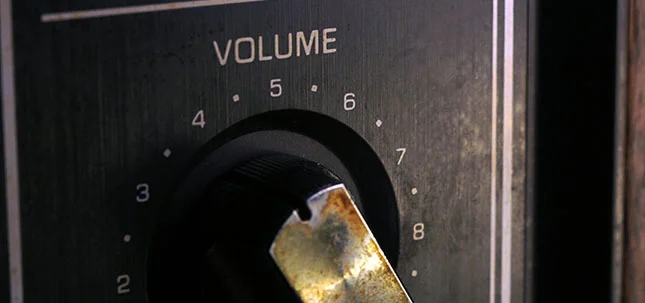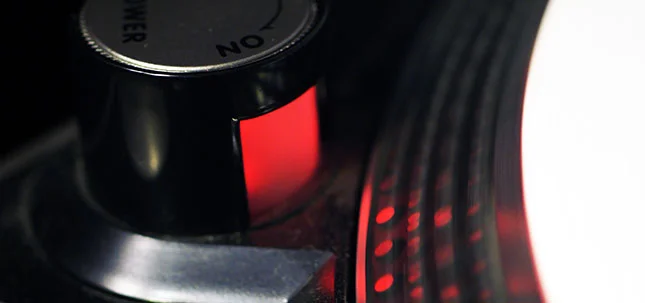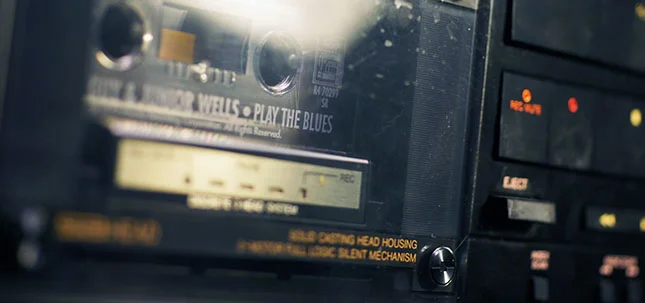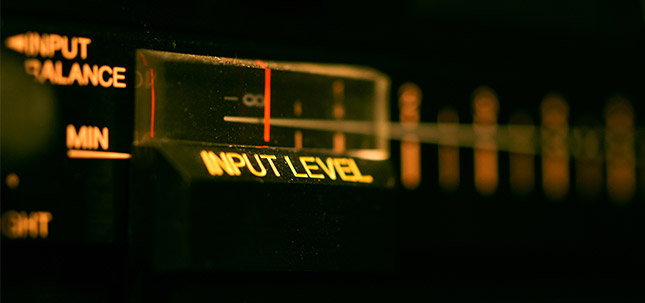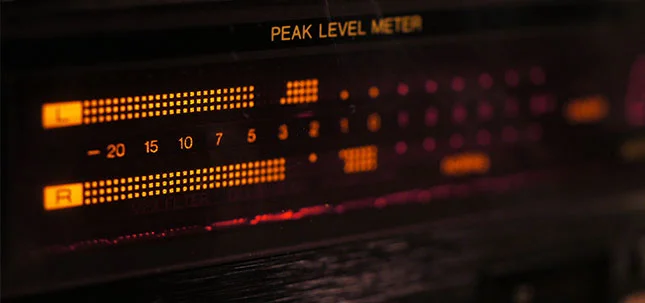DEEP CUTS: Cruzados - "Small Town Love"
One of my favorite things about continuing to buy physical media is the idea of the “Blind Buy.” You’re flipping through stacks of vinyl or browsing along rows of CDs and something just catches your eye. Sure, you could walk the record over to the store’s listening station to check it out, but there’s something really exciting about adding it to your pile and being surprised when you get home, especially when you’re only out a dollar or two. There are a few things that can ensure an album gets brought home with me even if I’ve never heard it before: general weirdness, an awesome cover, or killer liner notes. This week’s Deep Cut features all three.
After browsing the aisles in Birmingham, AL’s Charlemagne Record Exchange a few weeks ago, I stumbled across this album cover:
I couldn’t pass it up. They play like their lives depend on it! After the Sin City-style cover pulled me in, I checked out the liner notes. Here are some of the names featured:
- Pat Benatar
- Don Henley
- J.D. Souther
- Paul Butterfield
- INXS
- E.G. Daily
Yeah, sold. I’m so in. The first five of those names are pretty self-explanatory. You’ve got an 80s pop superstar, a few guys from the Eagles, a harmonica player whose band backed up Bob Dylan at the 1965 Newport Folk Festival (where Dylan famously “went electric”), and a new wave band fresh off their first double platinum album. Oh, and the voice of Tommy Pickles from Nickelodeon’s Rugrats. Makes sense, right?
Once I was back home, I dropped the needle on Cruzados’ After Dark and found this week’s Deep Cut:
It’s easy to be reminded of The Replacements. Paul Westerberg is so good at taking what would normally be dismissed as Springsteen-style cliche and re-injecting them with earnestness and urgency. Cruzados lead singer Tito Larriva doesn’t completely succeed in removing the corniness out of some of the lyrics, but the songs across After Dark are an interesting cross-section of someone who went through Let It Be 101 with Professor Westerberg after a few years of undecided coursework in punk and Latino music.
Cruzados was formed as an evolved iteration of LA punk band The Plugz, who gained prominence for their sped-up cover of Ritchie Valens’ “La Bamba.” The cover was featured on the band’s first record, 1979’s Electrify Me, and encompasses the ethos of the punk movement within a tribute to a trailblazer of Chicano rock music. The Plugz are also widely regarded as the first D.I.Y. punk band in Los Angeles due to the formation of their own record labels to self-release their music. Before the band’s dissolution in 1984, they offered three songs and an instrumental score to the future-cult film Repo Man. If you get the time, check out the entire soundtrack-- it’s filled with 80s punk greats like Circle Jerks, Fear, and Iggy Pop. It also features The Plugz’s cover of Johnny Rivers’ “Secret Agent Man,” so I’ll leave it up to you to figure out how many degrees away from Devo we got in this paragraph.
Perhaps the most staggering event of The Plugz’s career is when they backed up Bob Dylan for his first appearance on The Late Show with David Letterman. At the time, Dylan was a shadow of his former self in the public eye after releasing a string of evangelical Christian albums. Thanks to his three punk-obsessed teenage sons, Dylan had seen The Plugz play around LA enough times to know that they’d fit well for his rebirth on The Late Show. The band rehearsed with Dylan only a handful of times in LA before he called them up, shipped everyone out to New York, and molded himself into the elder statesman of blues he’s known as today. (Vulture has a fantastic piece about Dylan’s Late Show appearance, and I highly suggest heading over there to read more.)
After The Plugz disbanded, Tito Larriva and drummer Chalo Quintana formed Cruzados. Their self-titled album was released by Arista Records in 1985. The Plugz had already flirted with the arena rock genre--their song “Blue Sofa” has a spectacular sax line not too far from what “Big Man” Clarence Clemons might play--on their 1981 album Better Luck, but Cruzados was their chance to slap some more gate reverb on the snares, add a few toms to the drum kit, and maybe even use a keyboard or two. It’s a little old-hat to talk about punk bands “getting serious” about their songwriting and slowing down their metronomes, but this is what makes the Blind Buy so much fun. You never know if you’ll catch a band in their early speed-driven stage, their mid-career obsession with The Beatles, or their introspective acoustic era. After Dark has a bit of all of it. I might be jumping the gun here, but it’s hard to imagine that Larriva wasn’t a little inspired by seeing The Replacements at all of the usual LA clubs throughout the late 70s and early 80s.
Cruzados had the backing of some major music icons after opening for Fleetwood Mac, Stevie Ray Vaughan, and INXS over a period of four years--which may explain the absolutely stacked liner notes. While Benatar, Henley, and INXS provide the most name recognition, three other names stood out to me: Brendan O’Brien, Waddy Wachtel, and E.G. Daily. O’Brien is known as one of the largest contributors to Bruce Springsteen’s later career after he produced 2002’s The Rising. Much like The Plugz with Dylan, neither can take full credit for the legacy that the artist leaves behind, but it’s possible that the public would have a very different view of Springsteen and Dylan without help from the people backing them during key moments. Waddy Wachtel is a long-time session guitarist most-famously known for playing in Keith Richards’ backing band, The X-Pensive Winos. His discography is peppered with names like Jackson Browne, Stevie Nicks, and Iggy Pop, so seeing his name listed in any liner notes is always a pleasure. He also looks like that kid at your high school who got really into Joe Satriani and refused to cut his hair, but he got so good at guitar that everyone just let it slide for 40 years.
Lastly, we come to E.G. Daily. Daily was signed to A&M Records in 1985--the same year that she appeared as Dottie in Tim Burton’s Pee Wee’s Big Adventure--and released a pop record called Wild Child that found moderate success. Her single “Say It, Say It” reached only No. 70 on Billboard’s Hot 100 charts, but fared decently well on the dance club circuit. After her stint as a pop star, Daily auditioned and won the jobs of voicing Tommy Pickles in Nickelodeon’s Rugrats as well as Buttercup in Cartoon Network’s Powerpuff Girls. Since then, she has become an in-demand voice actress, appeared on NBC’s The Voice, and padded her resume with more films, TV shows, and video games.
Even though I’ve found myself once again making references to Pee Wee's Big Adventure and maybe-- just-maybe-- not writing enough about the actual subject, this is one of the things I love so much about buying records: digging into the info you’ve been given and using your knowledge to form a picture of a time both past and present. We get to compile our own interpretations of pop culture through the lens of art created decades ago. While Cruzados never went on to become the Next Big Thing that their label had hoped for (their third record for Arista was shelved and never released), the liner notes of After Dark read like a time capsule of punk and pop history, pop culture support teams, and careers that would later blossom into something new. This isn’t an exclusive thing, either! Any of this can be found with $2 and a trip to your local record store. Look for the milk crates underneath the main racks.






